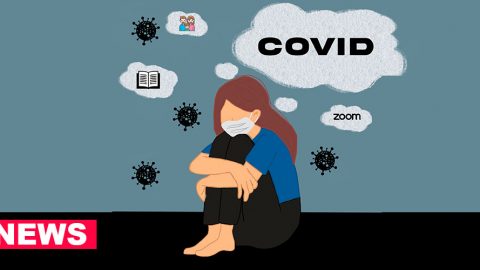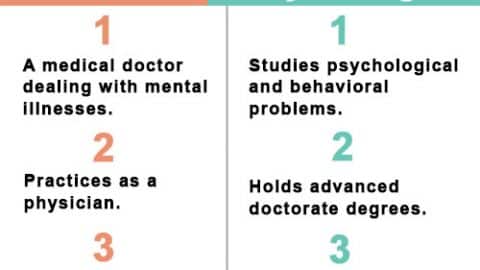Depression is a global concern, affecting nearly 4% of the world’s population, while the roots of depression can be intertwined with our genetic makeup. A groundbreaking study published in Nature Mental Health suggests that lifestyle choices may exert more significant influence than our DNA in the battle against this debilitating condition.
Professor Barbara Sahakian, co-author of the study and a faculty member at the Department of Psychiatry at the University of Cambridge, underscored this pivotal finding, stating, “Our DNA – the genetic hand we’ve been dealt – can increase our risk of depression, [but] we’ve shown that a healthy lifestyle is potentially more important.”
Over a nine-year period, researchers meticulously examined a cohort of 287,282 individuals from the UK Biobank, among whom 13,000 reported experiencing depression.
Their comprehensive analysis highlighted seven lifestyle habits that, when adopted, significantly reduced the risk of depression.
The Seven Lifestyle Factors
- Healthy Diet: Nutrition plays a pivotal role in depression risk reduction. A diet rich in whole foods, fruits, vegetables, and essential nutrients emerged as a key factor in promoting mental well-being.
- Minimal Alcohol Consumption: Keeping alcohol consumption to a minimum featured prominently in the list of depression-reducing lifestyle choices. This finding emphasizes the importance of moderation in alcohol intake for mental health.
- Lack of Smoking: The harmful effects of smoking on physical health are well-documented, but this study highlighted its negative impact on mental health as well. Non-smokers exhibited a lower risk of depression.
- Good Sleep: Prioritizing quality sleep is fundamental for mental health. Adequate and restorative sleep patterns were associated with a reduced risk of depression.
- Exercise: Regular physical activity emerged as a powerful tool in the fight against depression. Exercise not only benefits physical health but also plays a significant role in promoting mental well-being.
- Lower Sedentary Behavior: Reducing sedentary behavior, such as prolonged sitting or screen time, contributed to a lower risk of depression. This underscores the importance of an active lifestyle.
- Frequent Social Connection: Maintaining strong social connections and a support network was identified as another key factor. Regular social interactions help mitigate feelings of isolation and loneliness, known risk factors for depression.
Participants in the study were categorized into three groups based on their adherence to these lifestyle factors: Intermediate, favorable, and unfavorable. The findings were striking.
Individuals in the intermediate group were 41% less likely to develop depression compared to those in the unfavorable group. Even more impressively, those in the favorable lifestyle group exhibited a remarkable 57% reduction in their likelihood of developing depression.
These findings highlight the profound impact of lifestyle choices on mental health outcomes.
While genetics can contribute to the risk of depression, the study underscores that individuals have the power to significantly mitigate this risk through mindful and health-conscious decisions in their daily lives.
The implications of this study are far-reaching. It emphasizes the critical role that lifestyle interventions can play in mental health promotion and depression prevention.
These findings should not only inform individual choices but also guide public health policies and initiatives aimed at addressing the global burden of depression.
Researchers and mental health professionals are increasingly recognizing the importance of a holistic approach to mental well-being. It’s not merely about treating the symptoms of depression but also about preventing its onset through lifestyle modifications and early interventions.
Moreover, these findings offer hope and empowerment to individuals battling depression. It underscores that, even in the presence of genetic predisposition, individuals can take control of their mental health by making positive lifestyle changes.
In conclusion, depression is a global health concern affecting millions, but the study published in Nature Mental Health offers a ray of hope. It demonstrates that, while genetics may play a role, adopting a healthy lifestyle can significantly reduce the risk of depression.
The seven identified lifestyle factors provide a roadmap for individuals seeking to safeguard their mental well-being, offering a tangible and empowering way to combat this pervasive mental health challenge.




















